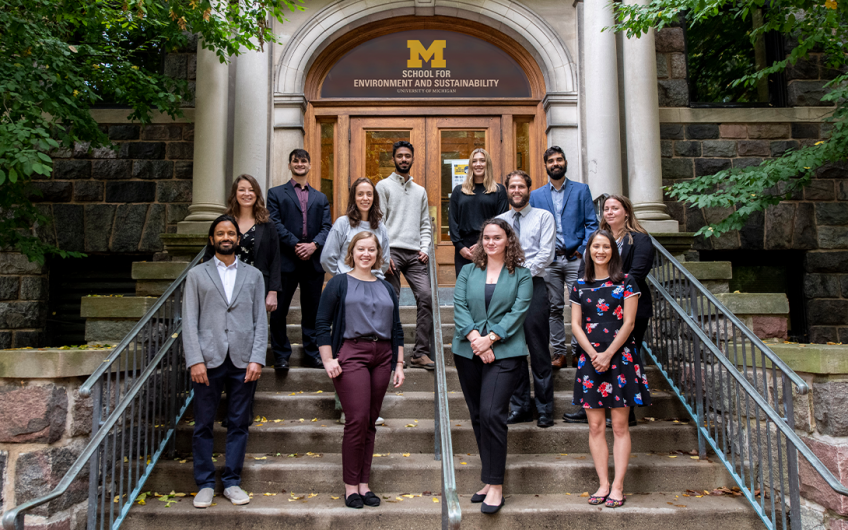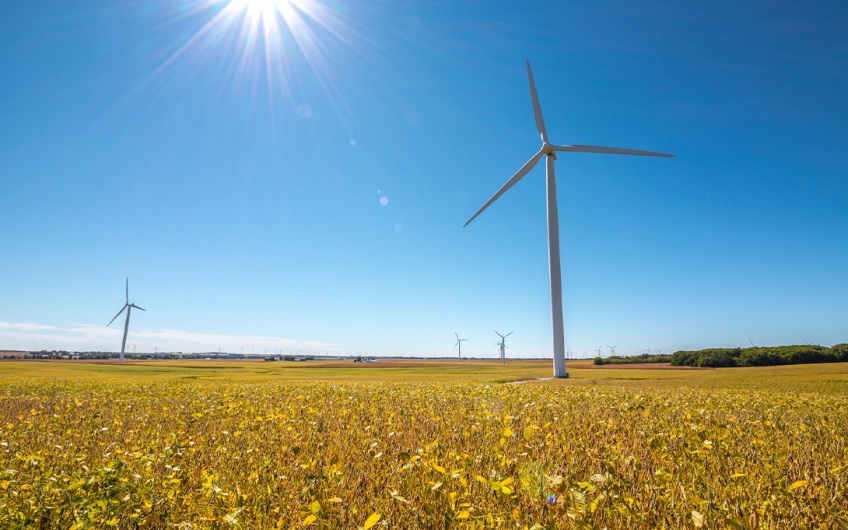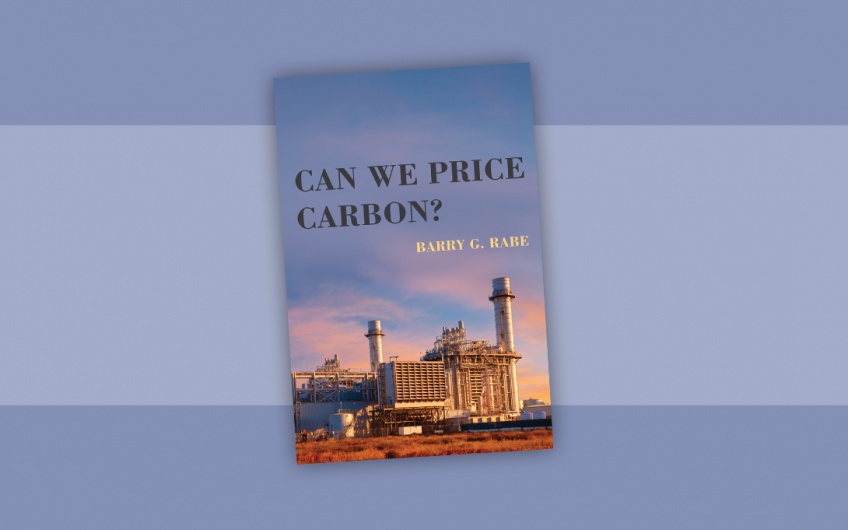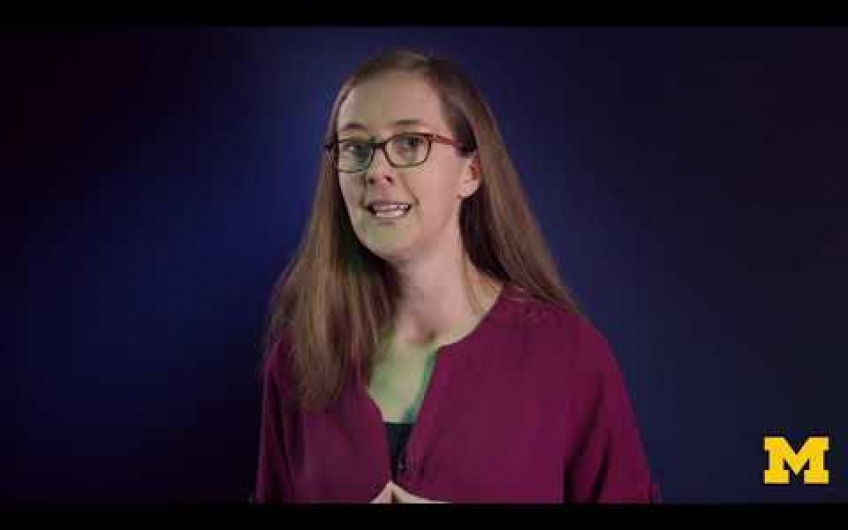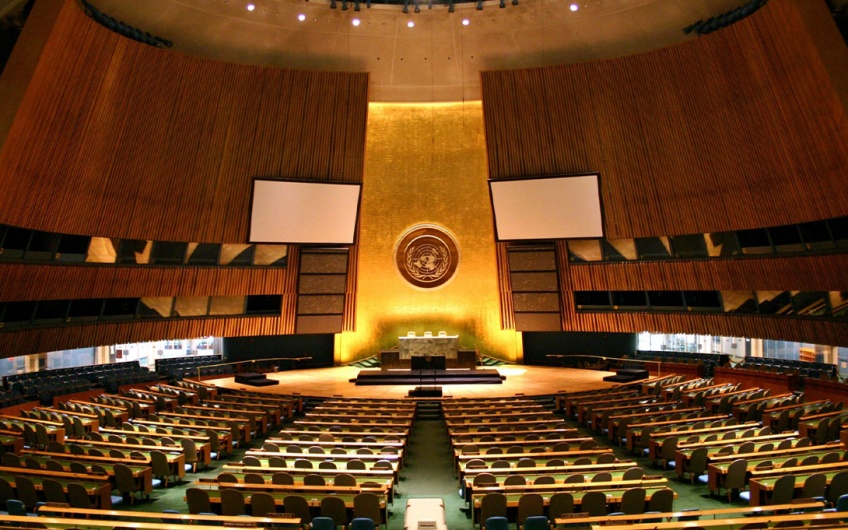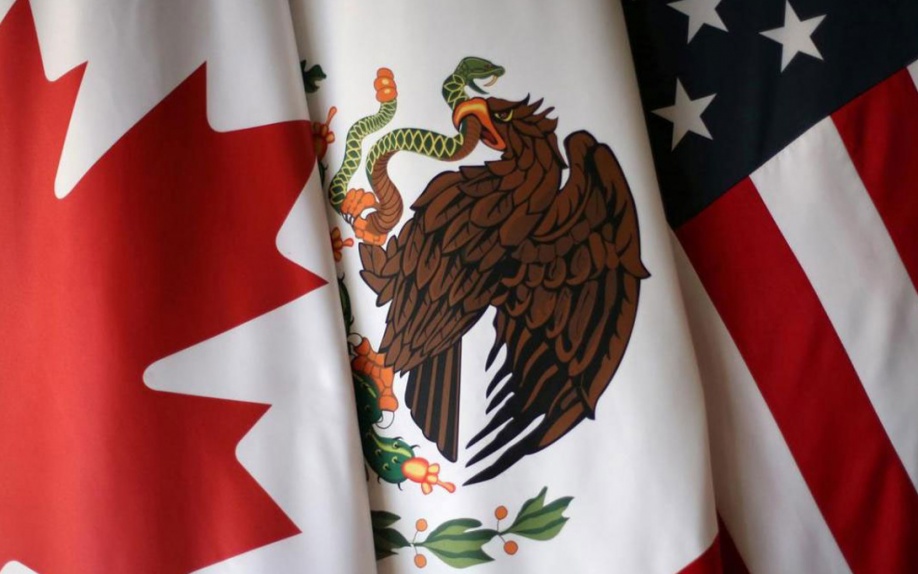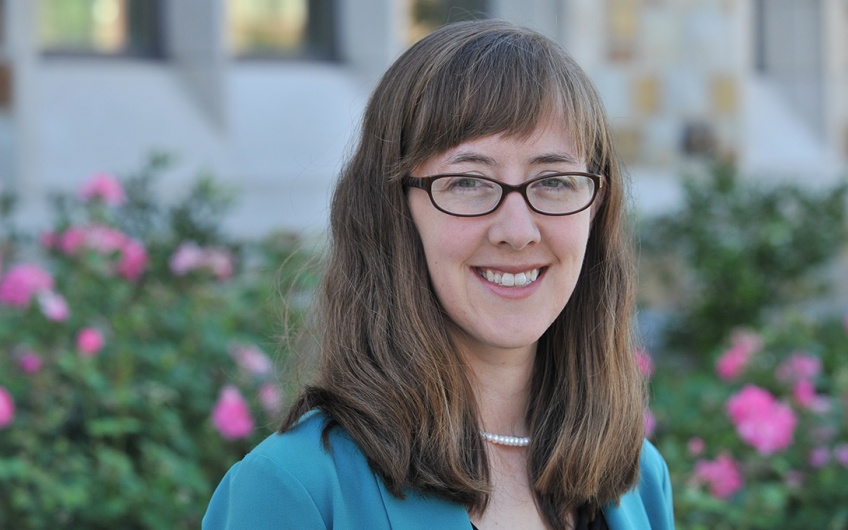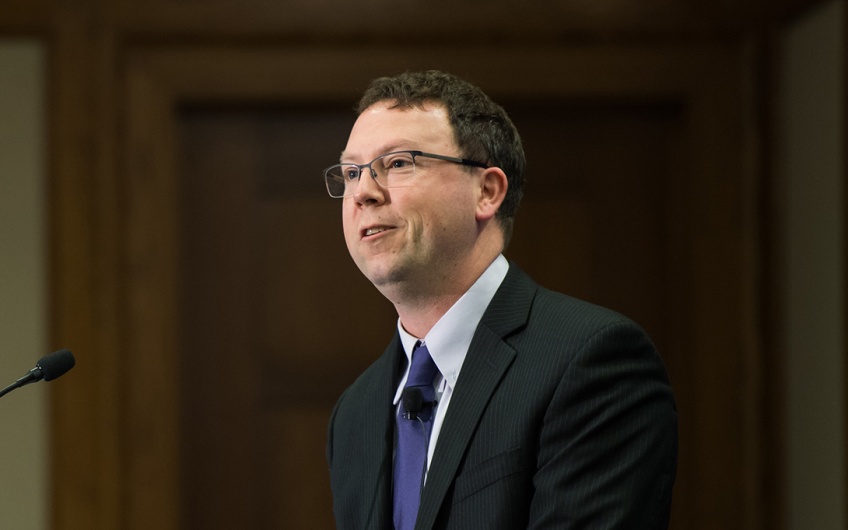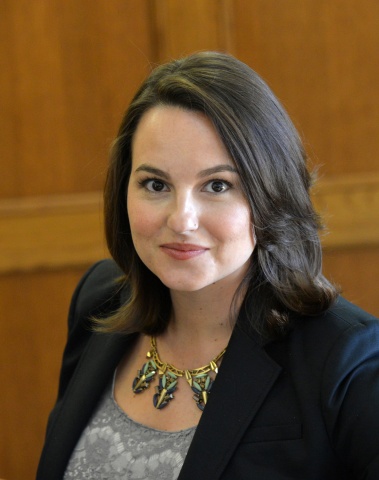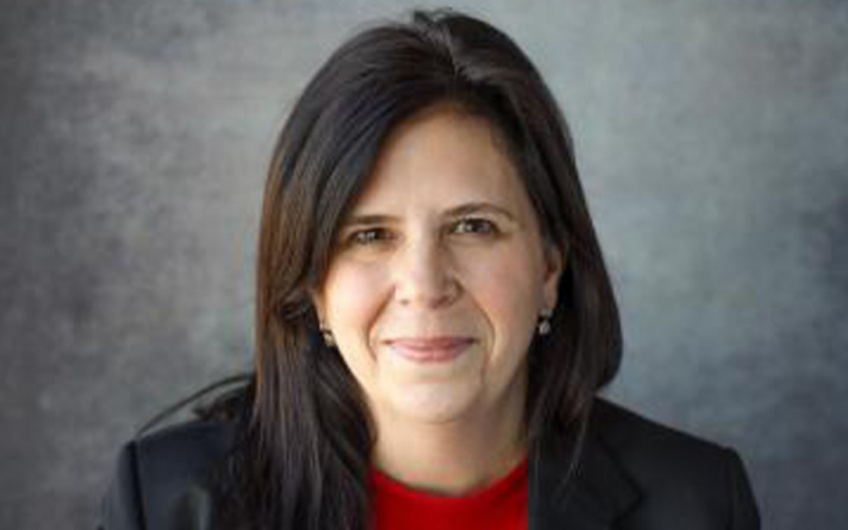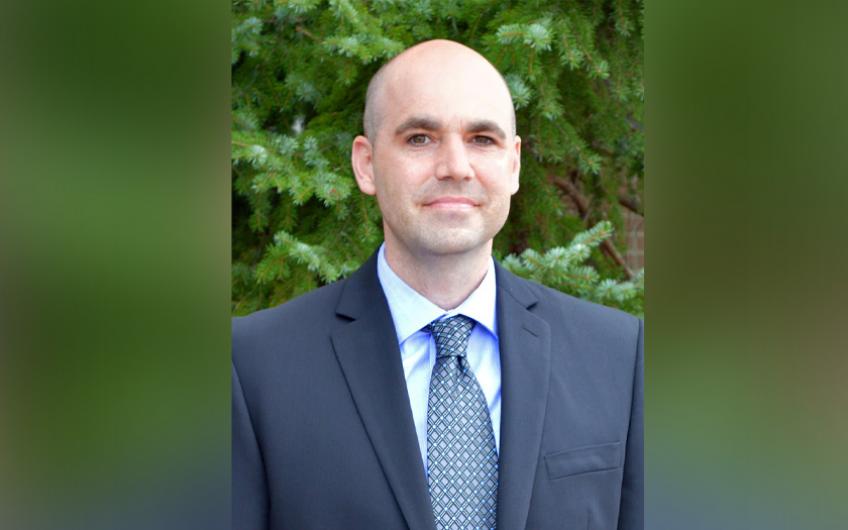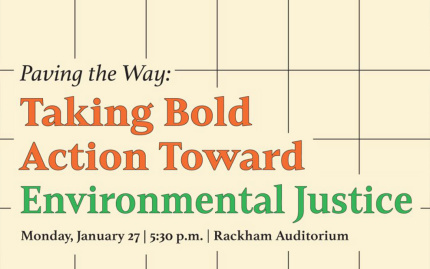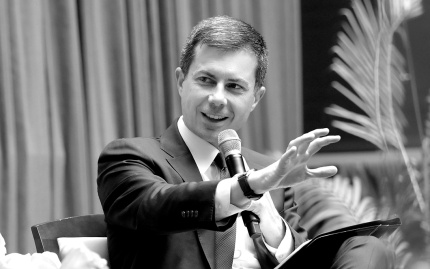It's been described as one of this generation's greatest threats and it bleeds into every facet of our lives. Finding ways to address the climate crisis affects housing, education, immigration, agriculture, tax policy, and many other cross-cutting issues—and at local, state, national, and international levels. Energy and environmental policy influences individual behavior and corporate practices and can be felt by families and communities across the globe.
The Ford School is consistently ranked as a top-10 public affairs program for environmental policy. Our faculty conducts research and informs policy change related to energy regulation, personal sustainability practices, government cooperation and collaboration, corporate investments, international climate agreements, and more.
Students are involved in and out of the classroom. The Psychology of Climate Change seminar brings together undergraduates, graduate students from SEAS and the Ford School, and Engineering PhDs. Students in the Fall 2020 Strategic Public Policy Consulting course provided analysis for Resource Recycling to help industries reduce waste and recover valuable resources. And this year's Integrated Policy Exercise addressed climate change migration.
